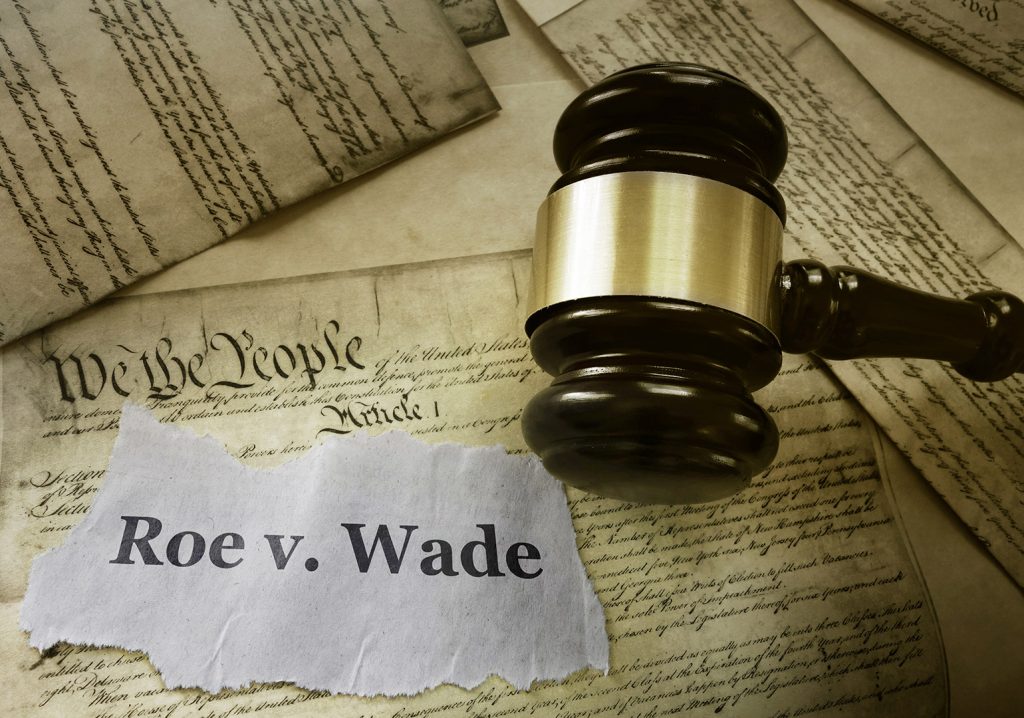
Just hours after Governor Matt Bevin signed Kentucky’s House Bill 5 into law, Judge David Hale blocked the bill from officially becoming law, a ruling that is potentially unconstitutional. While his ruling blocks the bill from becoming law for now, he also ordered a hearing to occur within the next two weeks to hear arguments regarding the bill’s constitutionality. House Bill 5 is Kentucky’s attempt to ban abortion once a fetal heartbeat can be heard.
History of Fetal Heartbeat Bills
Known as “fetal heartbeat” bills, states have been attempting to ban abortions once a heartbeat can be detected since the first was introduction in 2011 in Ohio. Fast forward to 2019, however, and these bills seem to be introduced in record numbers. In addition to Kentucky, Florida, Missouri, Mississippi, Arkansas, Minnesota, and Tennessee have all made attempts this year to pass similar bills.
Fetal heartbeat laws have been signed into law before – the first being enacted in North Dakota in 2013, but they are always deemed unconstitutional by the court system. The reason these bills are unconstitutional is because the Supreme Court ruled in Roe v. Wade that it is a woman’s right to make her own decisions regarding pregnancy until the fetus reaches viability. Viability, in this instance, is defined as a fetus having an equal chance of survival in the womb or out of the womb, which changes on a case-by-case basis, but is typically achieved at 24 weeks. Fetal heartbeats, however, can usually be detected once a woman has been pregnant for six weeks.
While it is obvious that a fetus at six weeks is nonviable, another issue with fetal heartbeat bills is that most women don’t even realize they’re pregnant until the seven or eight week point. Thus, these fetal heartbeat bills would essentially ban abortion entirely.
Why These Bills Keep Popping Up
Over and over again, these fetal heartbeat bills are blocked in the courts, so why do legislators continue to spend time drafting and passing them? The answer to that question can likely be found in the makeup of the Supreme Court. The additions of Neil Gorsuch and Brett Kavanaugh have swayed the high court in the conservative direction, which leads many states to believe that should one of these fetal heartbeat bills reach the Supreme Court, they would be victorious.
In addition to House Bill 5, Kentucky has also passed House Bill 148, which bans abortions in all instances except where the mother’s life is at risk, should Roe v. Wade be overturned or should the Supreme Court return the power to ban abortions to the states. Kentucky legislators claim it’s their way of sending a message to the Supreme Court showing that should Roe be overturned, Kentucky would choose a full ban of abortion. While the abortion ban in House Bill 148 cannot become law unless or until the Supreme Court reverses its prior decision, it certainly does convey the message that Kentucky believes in an abortion ban.
Those who oppose both fetal heartbeat bills and full abortion bans argue that these sorts of laws won’t stop abortions from occurring, they will simply make the procedures far more dangerous. The recent changes in the makeup of the Supreme Court do open the door for the abortion issue to be reexamined, and it will be interesting to see what, if any, changes come in the near future.



Leave a Comment